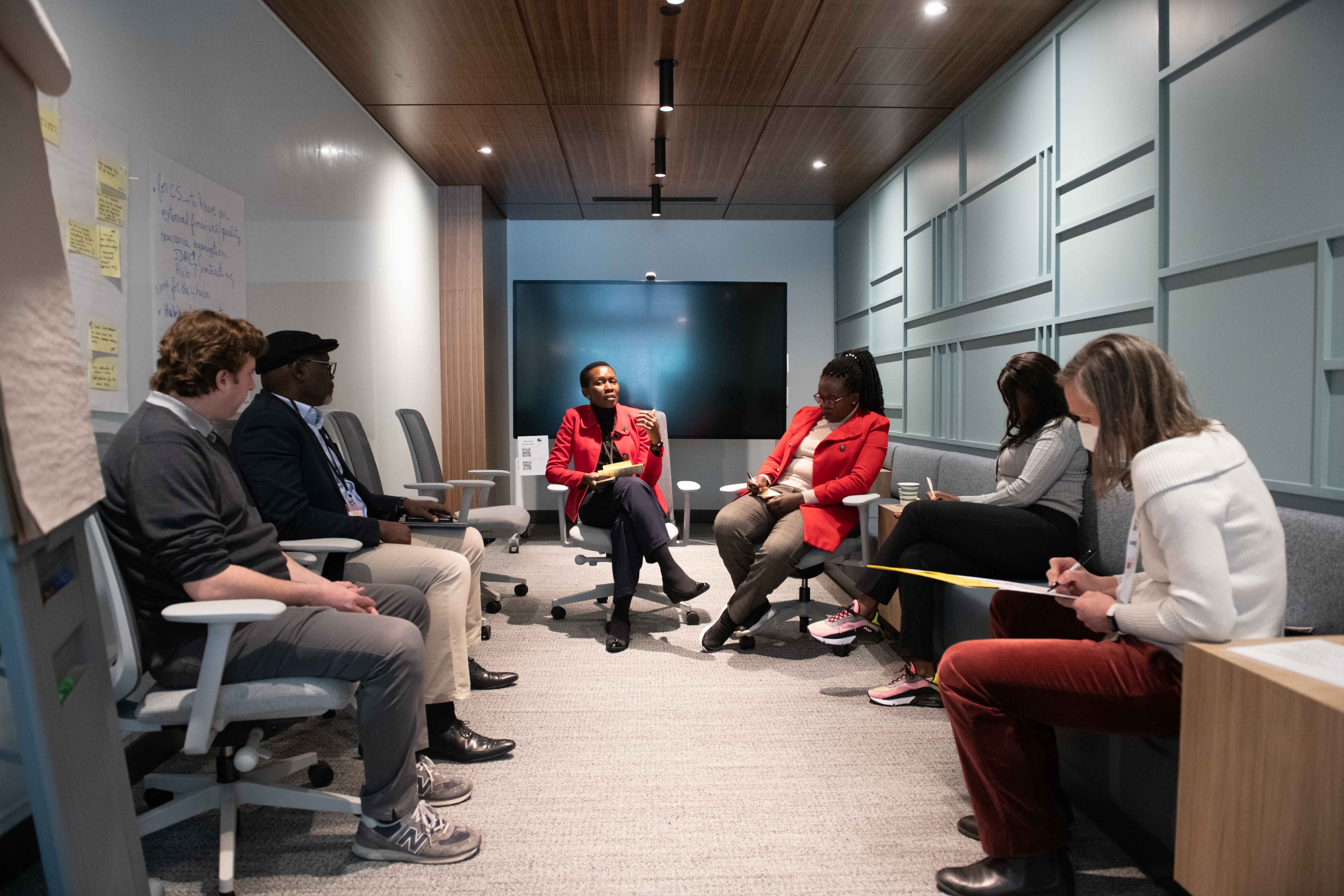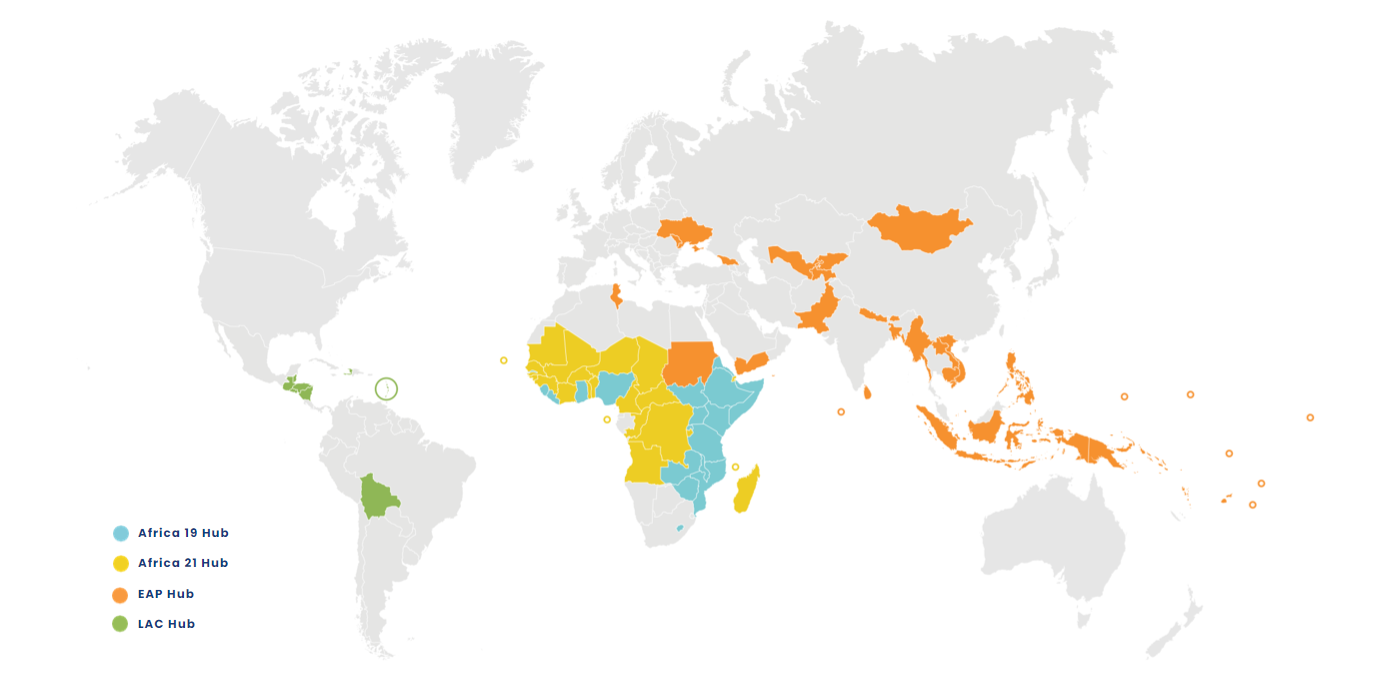
Following the announcement of the extension of the Global Partnership for Education (GPE) Knowledge and Innovation Exchange (KIX), a joint endeavour with Canada’s International Development Research Centre (IDRC), all four KIX Regional Hubs have been approved for extensions through to June 2027.
The sharing and exchange of knowledge is one of the core functions of KIX. Representatives from GPE partner countries share information, innovation, and best practices to bridge knowledge gaps and inform education policy and programming. All of this is facilitated by the Hubs, which act as knowledge brokering units for KIX.
With this extension, KIX Hubs will continue to fulfill their core objectives:
- Foster demand-driven regional knowledge exchange and strengthen the capacity of country representatives to identify, use, share and mobilize evidence related to priority policy challenges.
- Produce relevant knowledge and evidence syntheses and disseminate them to relevant actors.
- Mobilize regional knowledge and evidence uptake.
The extension will also see Hubs continuing to shape and mobilize KIX applied research and contributing to targeted Country Support in response to requests from individual countries to meet their unique evidence needs.

The Hubs cover four regions: Anglophone East, West, and Southern Africa (Africa 19); Francophone and Lusophone West, Central, and Southern Africa (Africa 21); Eastern Europe, Middle East and North Africa, Asia, and the Pacific (EMAP, previously EAP); and Latin America and the Caribbean (LAC).
Since their launch in 2020, the Hubs have demonstrated impressive results across their regions, conducting more than 150 knowledge mobilization and capacity strengthening activities. The knowledge and skills that policymakers gained through these activities have been immediately practical in their own countries. For example, representatives from Cambodia’s planning department gained skills and knowledge on using geospatial data to improve equitable access to education from a learning cycle hosted by the EMAP Hub and used them to conduct a mid-term review of the national education sector strategic plan.
"KIX learning events targeted the right practitioners in the Gambia,” said the Director of Standard Quality Assurance at The Gambia’s Ministry of Basic and Secondary Education. “Senior management teams from various departments participated in KIX knowledge exchange and capacity strengthening events which they translated to their own country. A good example is the establishment of online learning during the COVID-19 pandemic, which enabled continuous education in The Gambia. They also established communities of practice which proved to be immensely beneficial, facilitating peer learning and collaboration among education professionals.”
This extension will allow Hubs to continue to facilitate regional knowledge exchange, mobilize evidence and support the capacity of policymakers to identify and use that evidence in their countries’ education policy and programming.
